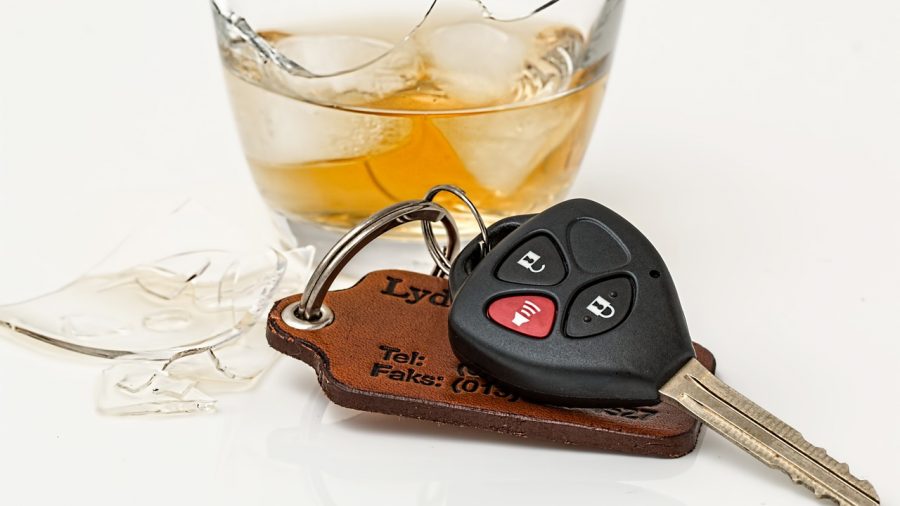More than 200 Australians die and many more are seriously injured each year because of drink driving. On average, drink driving causes around 18% of all road deaths in this country. Some experts think the best approach is to lower the alcohol limit to .02 or even zero.
Not all states are equal
The effects of drink driving are worse in some parts of Australia than others. For example, there are far more drink driving deaths in regional and remote areas and more serious injury crashes in metropolitan areas.
Drink driving causes 28% of road deaths in NT (far above the national average) and 18-19% of serious injuries in Victoria and NT. NSW drink driving rate is lower than most other states and territories.
The average drink driver
As expected, almost half of drink driving crashes happen on weekends and in the evenings. Centre for Road Safety NSW says, in drink driving crashes causing death or serious injury, the driver is usually:
- Under 40 and mostly male
- More likely to be speeding, not wearing a seatbelt or helmet, fatigued, driving unauthorised, and living in the same areas where they crashed.
More disturbing, nearly a fifth of drink drivers have been caught drink driving in the previous 5 years as well.
What is the best approach to reduce drink driving? Austroads recently called for a number of measures, including more highly visible RBT, interlock programs, and vehicle-based systems that can spot alcohol-impaired driving. It also argued for a lower alcohol limit while driving.
International alcohol limits
All of Britain, except Scotland, has a limit of .08. There were 240 drink-driving deaths in 2018, only 40 more than in Australia. Police in Britain breath tested 321,000 drivers that year, compared to 5 million tests in Australia.
In America, the legal drinking age is 21 but the legal driving age is 16 so young people cannot drink drive. Some 10,500 people died in drink-driving crashes in 2018. But 15% of alcohol-related crash deaths over 15 year period occurred even when the driver was below the .08 alcohol limit.
A few countries, including Czech Republic, Hungary, and Slovakia, have zero tolerance to alcohol while driving.
Zero tolerance
At a Senate Inquiry in 2016, Royal Australasian College of Physicians (RACP) proposed to drop the alcohol limit from .05 to .02 and then to zero.
There is an interesting difference between .02 and zero. If the limit is .02, then drivers have to judge whether they are over or under the limit. After having one drink, they are less likely to judge accurately. With a limit of zero, there is no room for judgment, anxiety or doubt.
Currently, low-range offenders lose their licence for 3 months on the spot and pay $561. It has been shown that increasing penalties may not achieve much, unless they are immediate and consistent. Even then, alcohol dependent drivers are more likely than other drivers to reoffend.
Perhaps the biggest problem is how to separate alcohol from driving. Alcohol is a big part of everyday life in Australia. Alcohol is advertised on the sides of buses and at Central Station. Many children see their parents drinking every evening. Characters in nearly all films and TV series drink alcohol in social situations and when upset.
It could be just as difficult to separate alcohol from driving as it is to separate mobile phones from driving. What do you think?


your opinion matters: